What are chronotypes?
Chronotypes describe our body's natural schedule [1] for sleep and wakefulness, influencing when we're most alert or sluggish during the day. 🐌
The four main types - bear, lion, wolf, and dolphin - mirror the sleep patterns of their namesake animals.
Whether you're an early riser, a night owl, or something in between, understanding your chronotype can help you identify your peak productivity windows and tailor your daily schedule to match your body's natural rhythm.
How do I determine my chronotype?
Most of us fall into one of four main chronotypes, but if you’re feeling stuck in a grey area, you'll likely lean towards one more than the others.
Bear
The Bear chronotype encompasses about 55% of people.
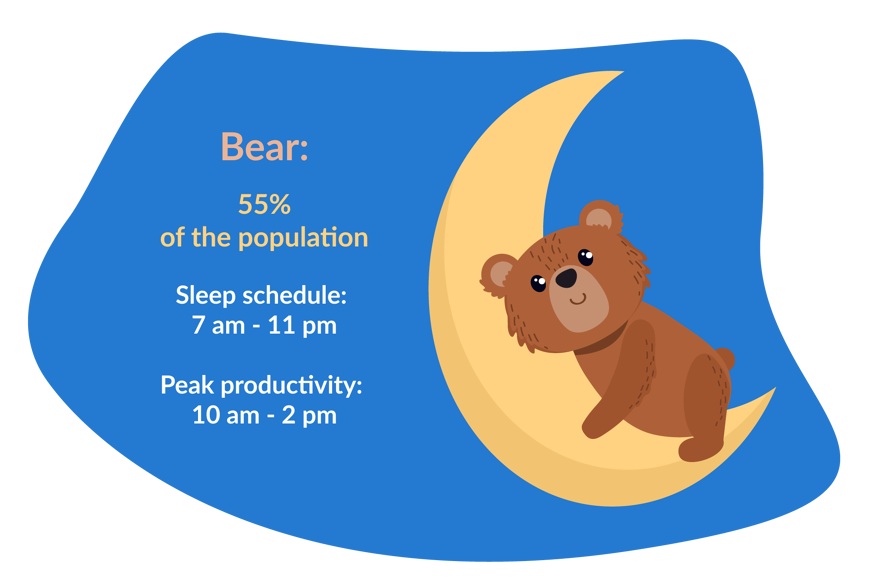
If you wake up around 7 am and call it a night by 11 pm, with your energy peaking between 10 am and 2 pm, it’s likely that you are a Bear.
Bears are in tune with the sun, thrive in social settings, and excel in teamwork. 🐻
Lion
Lions make up 15% of the population, rising at 6 am and winding down by 10 pm.
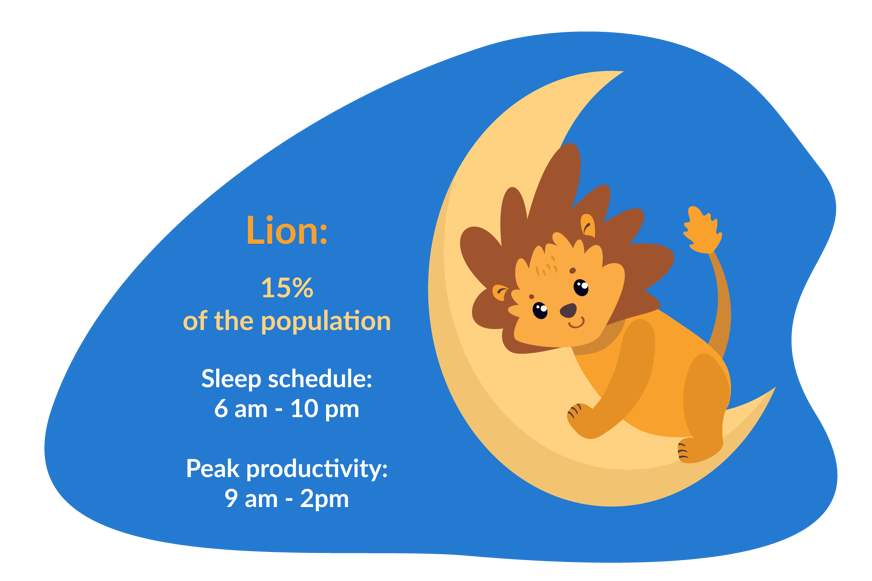
Their productivity soars from 9 am to 2 pm.
Morning zest dwindles by evening, but their leadership and agreeable nature don't falter. 🦁
Wolf
15% of people are wolves and have a later rhythm.
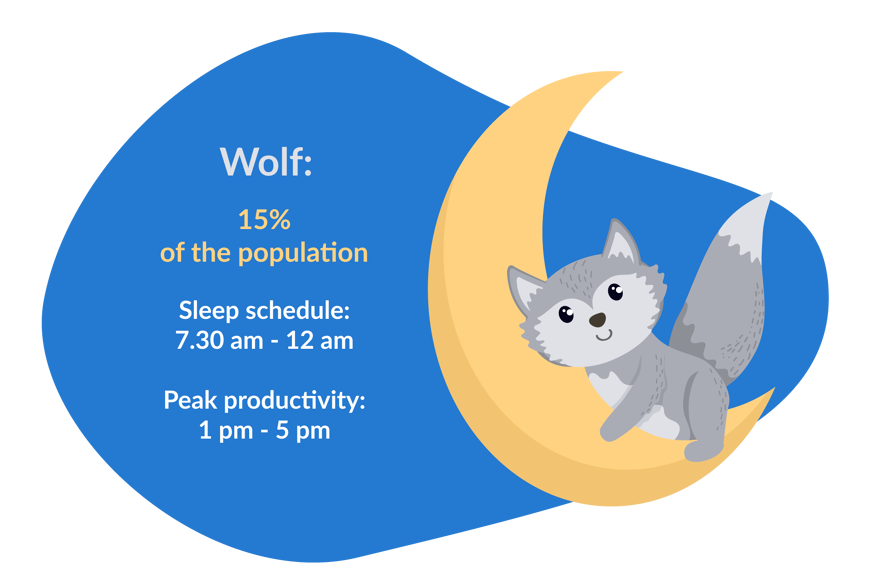
They start their day at 7:30 am and end at midnight, hitting their stride from 1 pm to 5 pm.
Embodying the night owl spirit, Wolves are open to new experiences but can also feel a bit more on edge. 🐺
Dolphin
Lastly, Dolphins - just 10% of us - rise at 6 am and retire at 11 pm, finding their groove late in the day from 3 pm to 7 pm.
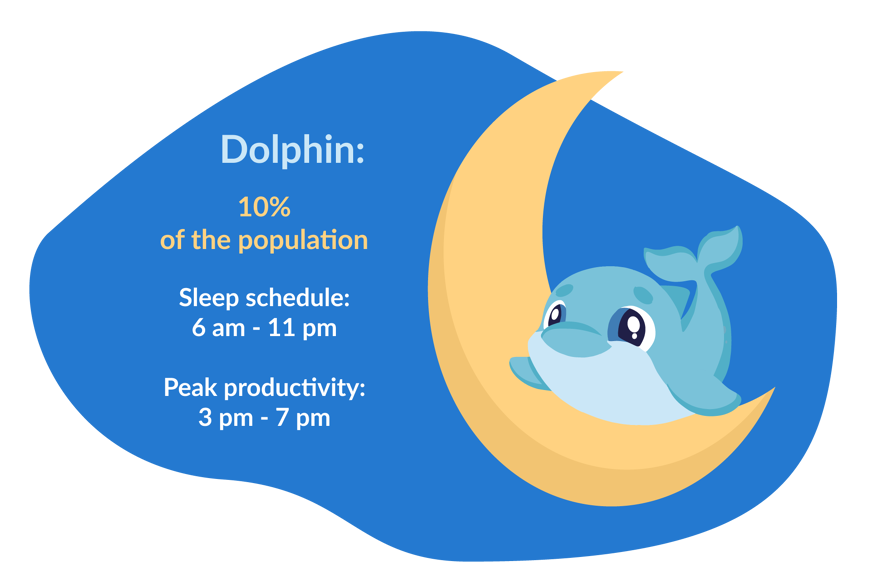
Despite their intelligence and bursts of creativity, Dolphins might struggle with sleep and maintaining a steady schedule. 🐬
Chronotypes vs circadian rhythms
Your circadian rhythm [2] is an internal body clock running a 24-hour cycle.
It is influenced by light and dark, as well as factors like food intake, stress, environment, and temperature.
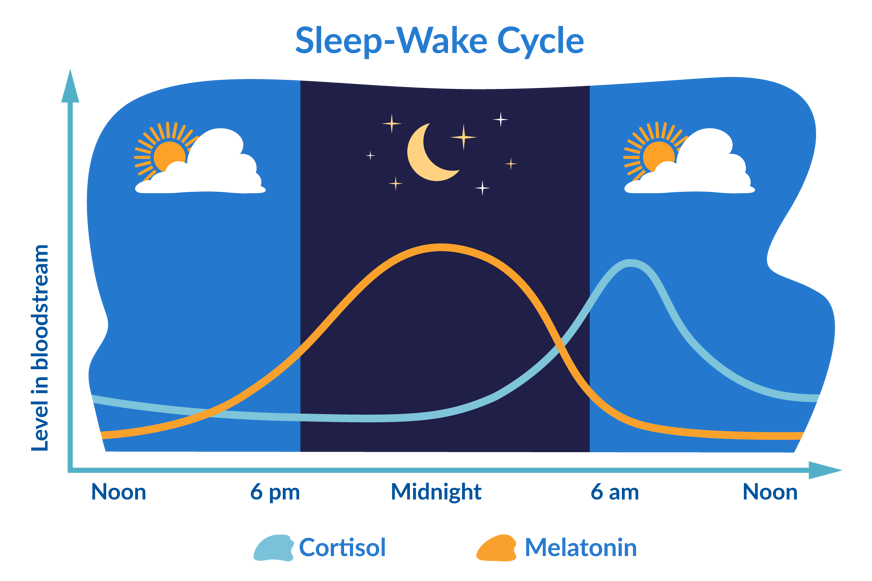
But how does this differ from chronotypes?
While these two concepts are closely related, they have their differences.
Your chronotype dictates when you prefer to be awake or asleep but doesn't affect the total time you spend sleeping.
You can adjust your circadian rhythm by following a strict sleep schedule or tweaking your exposure to light.
However, your chronotype is a natural predisposition towards being a morning person or a night owl, which is more or less set in stone.
This can sometimes clash with your lifestyle or work demands, leading to challenges we'll explore further below. 👇
Why are chronotypes important?
Since chronotypes are ingrained and unchangeable, they can significantly impact your daily life.
Let’s dive into what aspects of your life it may affect.
Work or school performance
Morning chronotypes often excel in traditional school environments [3], where exams and classes take place early.
The Bear chronotype, with its preference for sunlight hours, naturally fits into the 9 - 5 workday and thrives in roles that match this rhythm.
However, evening types might find the standard workday challenging but shine in creative roles that allow for later schedules. 🌙
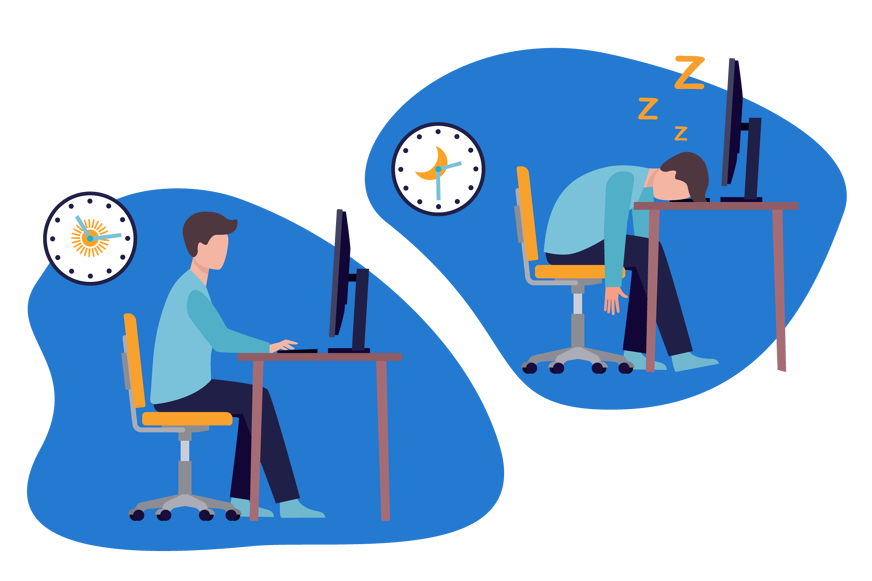
By recognising whether you're a morning lark or a night owl, you can tailor your schedule to align with your peak productivity times. 📈
Personality
Research [4] from the University of Warwick sheds light on a connection between our chronotypes and personalities.
Individuals with higher levels of conscientiousness and lower levels of openness to experience tend to be morning types, embracing the early hours with vigour and discipline.
On the other hand, those who find energy in the evening often exhibit traits of straightforwardness mixed with a zest for excitement, yet they may lack self-discipline. 🍾
Sleep problems and other disorders
The time of day when we feel most awake or inclined to sleep can significantly affect our overall health, and not always for the better.
Evening chronotypes, or "night owls," are often more susceptible to mood disorders [5] such as depression and anxiety. 😞
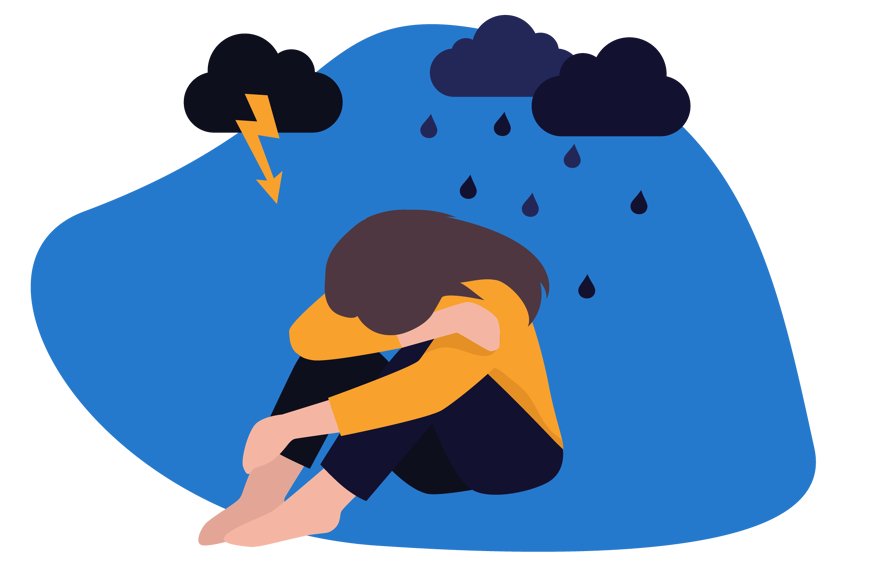
A study [6] focusing on preschool children revealed that evening types in early childhood are more prone to sleep disturbances.
Morning types, or "early birds," may generally benefit from more structured routines, which can contribute to a healthier lifestyle. 🏃♂️
Final thoughts
Understanding your chronotype is crucial for optimising sleep and enhancing your daily lifestyle. 🌞
It influences our overall productivity, mood, and health.
Recognising whether you're a night owl or an early bird can help you adjust your schedule for when you are most productive.
Evening types may face challenges like depression and sleep disturbances, but identifying these problems can lead to targeted lifestyle adjustments.







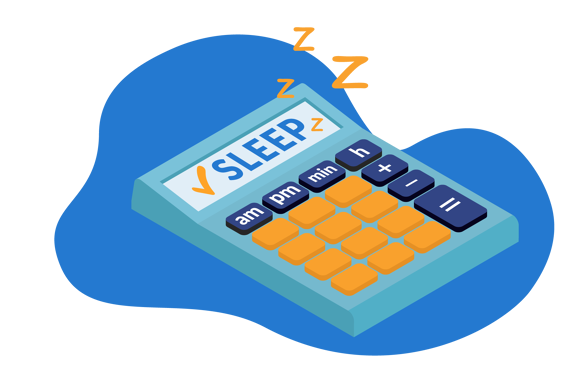
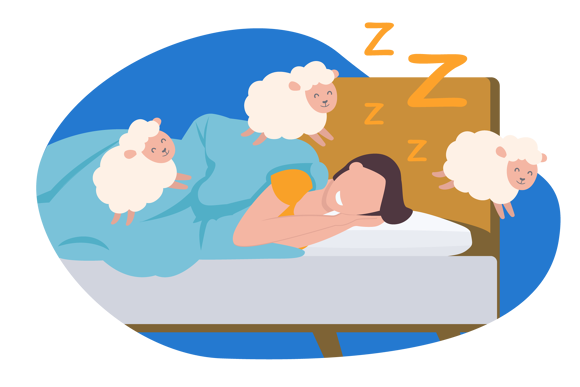
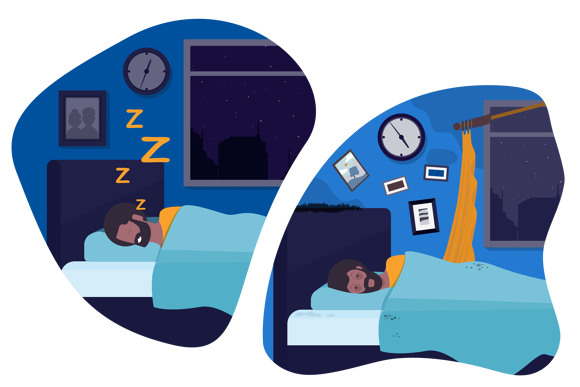


Alternatively, message us directly via the Contact Us page.